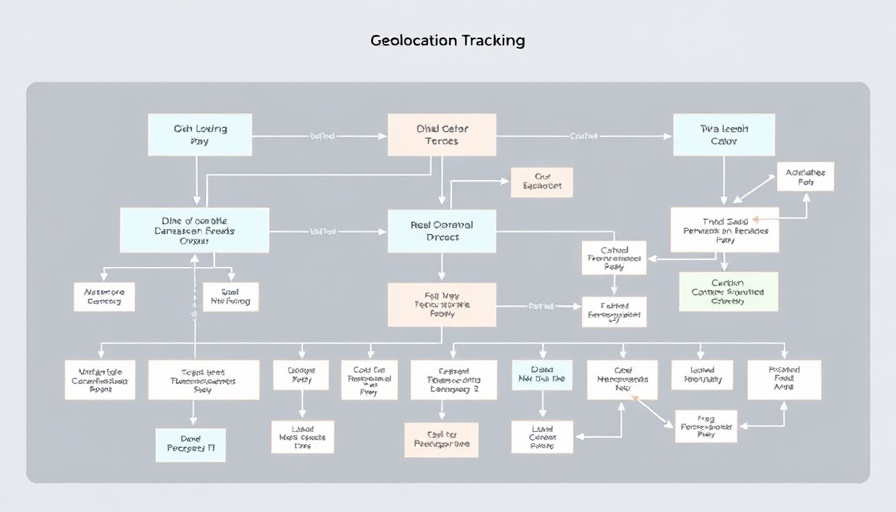
DeepSeek's Strategic Move in the Age of AI
The realm of artificial intelligence is rapidly evolving, and the emergence of DeepSeek, a Chinese AI lab, is indicative of a significant shift in the landscape. With the introduction of R1, an open-source reasoning model that rivals OpenAI’s top models like GPT-4—despite being developed on more basic hardware—DeepSeek is setting a new standard. The decision to open-source their model seems counterintuitive at first. After all, businesses often guard their innovations fiercely to maintain an edge. However, in the world of AI, open-source means trust and collaboration.
Why Open-Source Matters Now
In today’s digital environment, trust is paramount. DeepSeek's choice to make its model open-source primarily aids in navigating the concerns associated with data security and compliance, particularly for Western companies. Being open-source provides customers the ability to audit and manage the software themselves, thus building a foundation of confidence that proprietary models simply cannot offer. Moreover, the cultural shift towards open-source reflects a growing collective yearning for transparency in technology.
The Commoditization of Large Language Models
As technology develops, AI models are becoming more similar in capability, rendering proprietary advantages less decisive. This commoditization trend, highlighted by the performance equivalence among models like OpenAI’s GPT, Meta’s LLaMa, and DeepSeek's R1, poses an essential question: Why pay more for a proprietary service when open-source alternatives offer comparable quality? With price differences soaring—from OpenAI’s $60 to DeepSeek’s $7 per million output tokens—the allure of open-source becomes formidable.
Turning Challenges into Innovations
DeepSeek's journey illuminates a critical strength of open-source technology: resilience in the face of limitations. Due to constraints like export control on advanced hardware, the lab has optimized training methods which, in turn, have led to more efficient model development. This experience contrasts starkly with large corporations that can afford to rely on their expensive systems, proving that innovative solutions can arise from necessity.
Looking to the Future
The rise of open-source models in AI signals a pivotal movement towards democratization in technology. We are witnessing a shift where companies are questioning the status quo. As organizations increasingly opt for adaptability and affordability, tools like DeepSeek’s R1 could redefine industry standards. The next few years will likely see further advancements in open-source AI, as its benefits become nearly undeniable.
 Add Row
Add Row  Add
Add 




Write A Comment